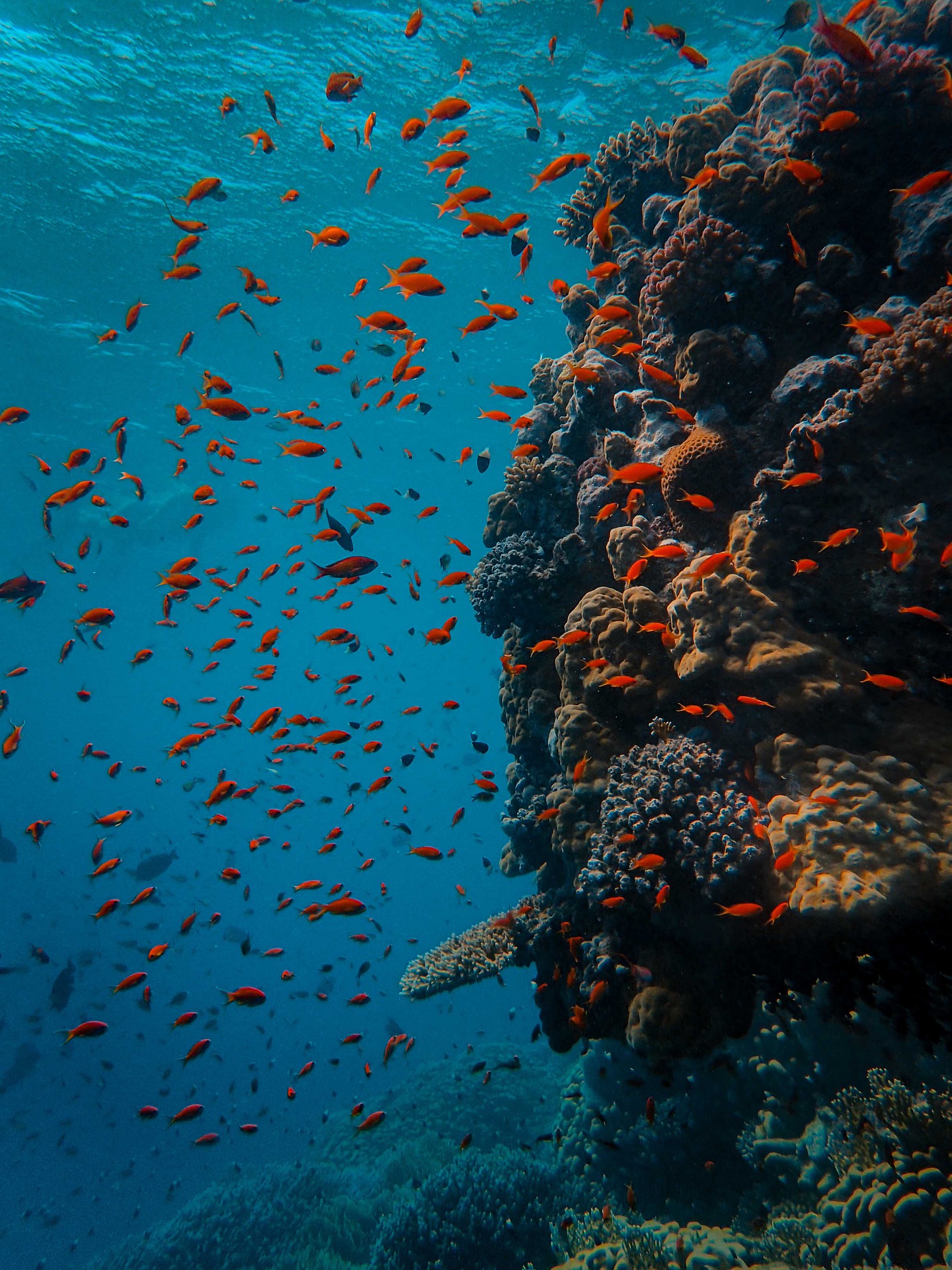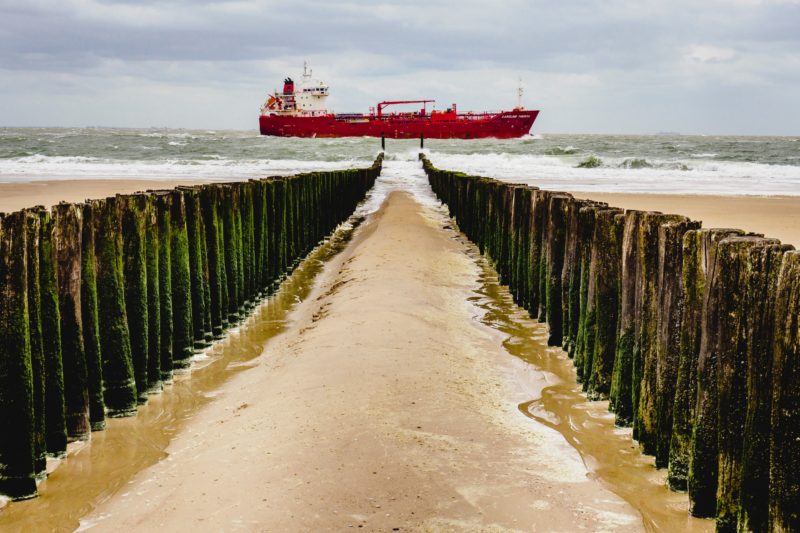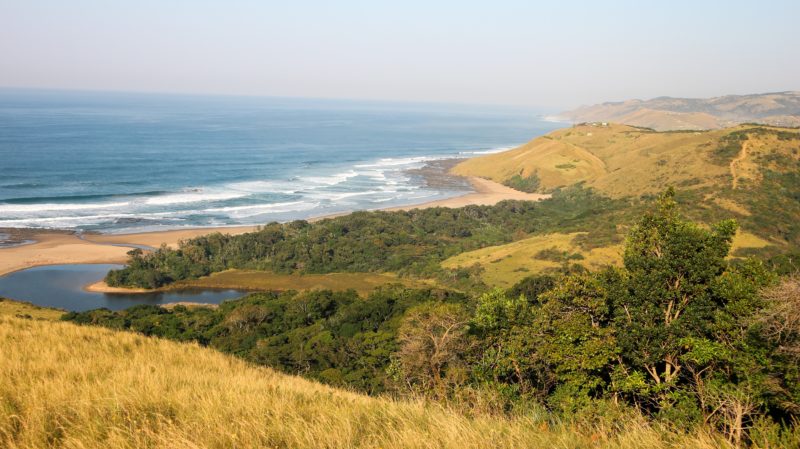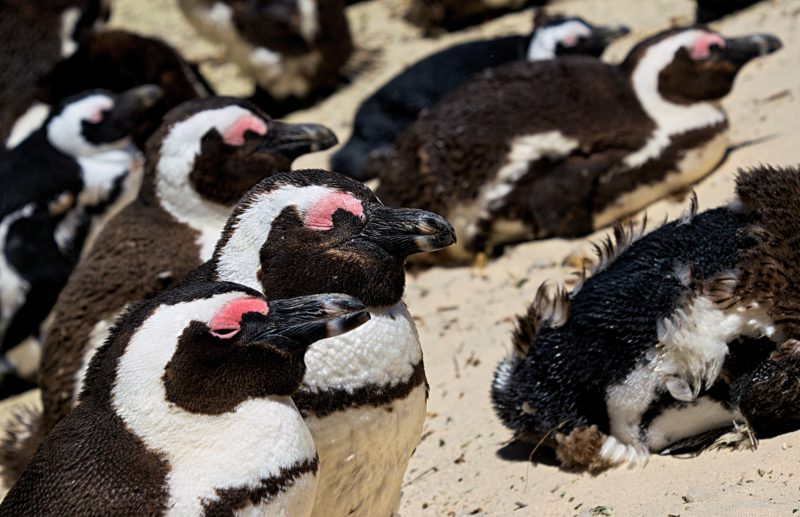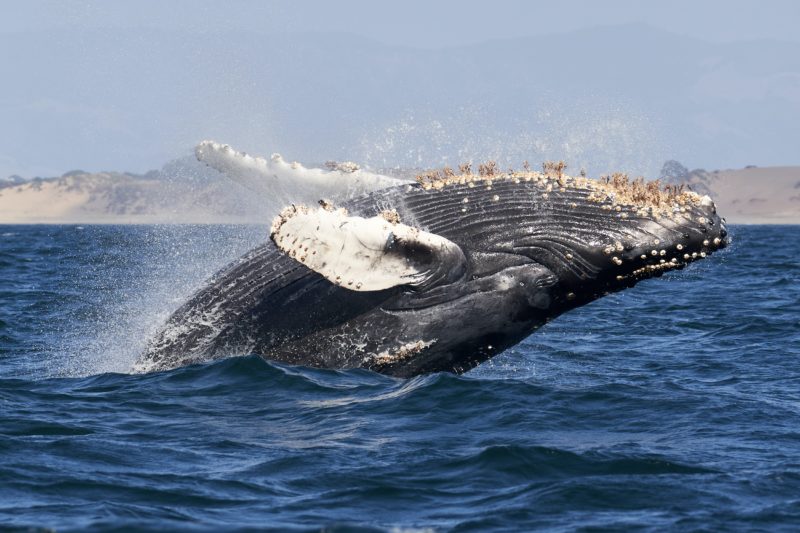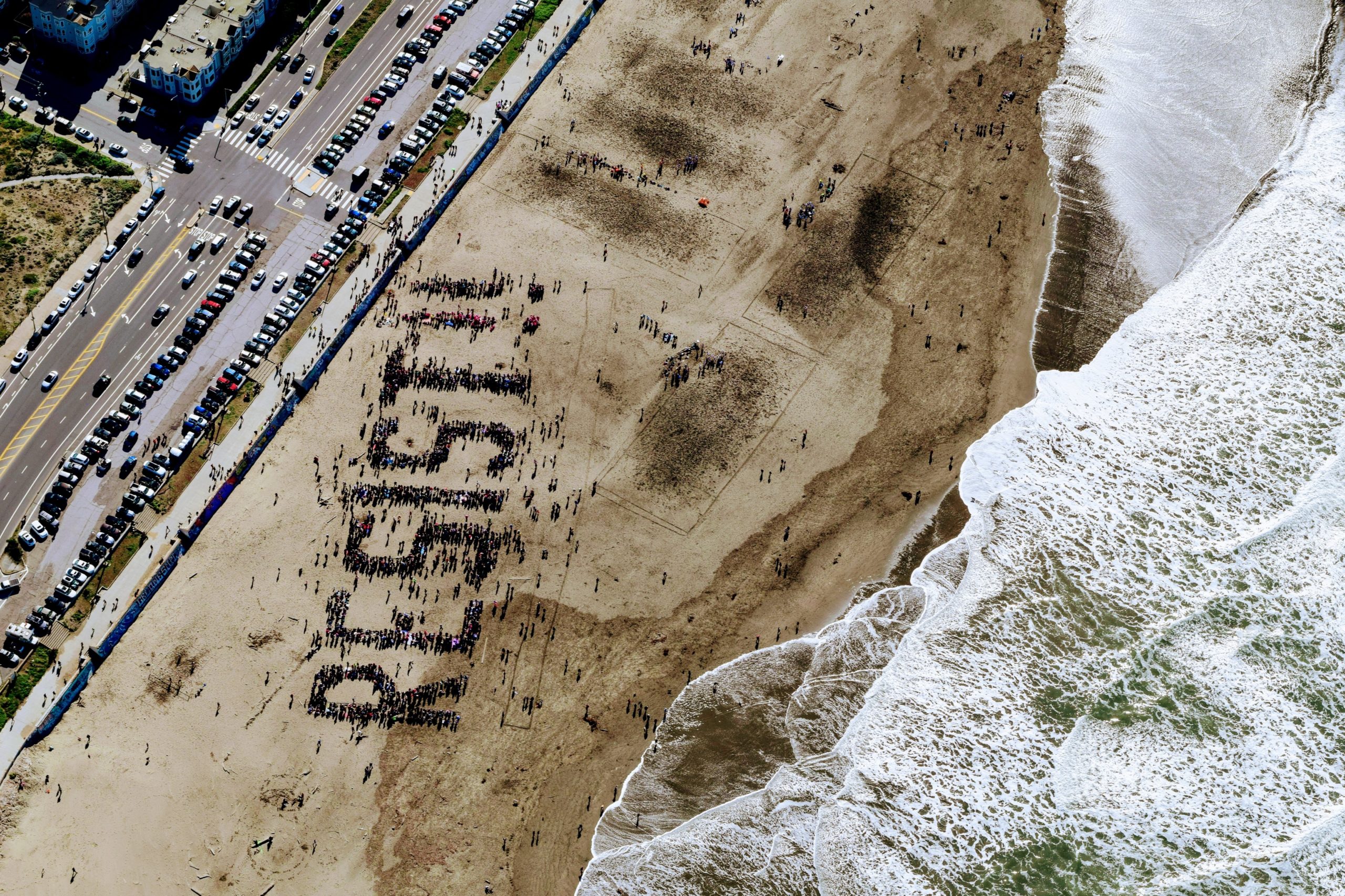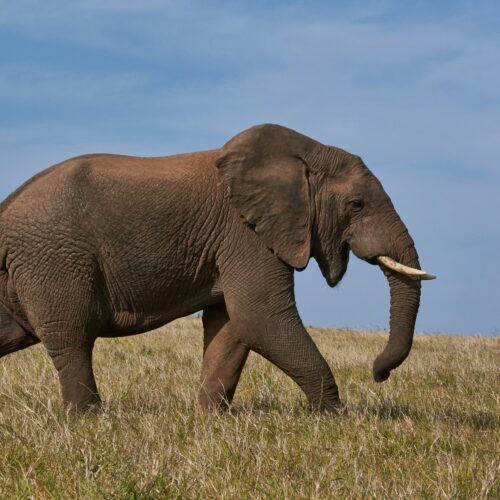The entire South African coastline is world-renowned for its unique and mystical nature. However, any South African will tell you that the most special coastal strip is the untouched haven of the Wild Coast. The dramatic coastline boasts jagged cliffs, secluded bays, wild beaches and rolling hills – the definition of untamed wilderness. It stretches for 300kms from East London to Port Edward and is home to many local communities who thrive off the region’s natural wealth. The area is also rich in a variety of both magnificent marine and land animals, over which local people are very protective.
The name ‘Wild Coast’ is not only an incredibly accurate description of the region’s landscape but also its very special history. The area wherein it is geopolitically located, the Transkei, never really succumbed to colonial rule. Today, the Transkei Wild Coast remains one of the last unspoiled frontiers of South Africa and a cultural crucible for the amaXhosa people.





